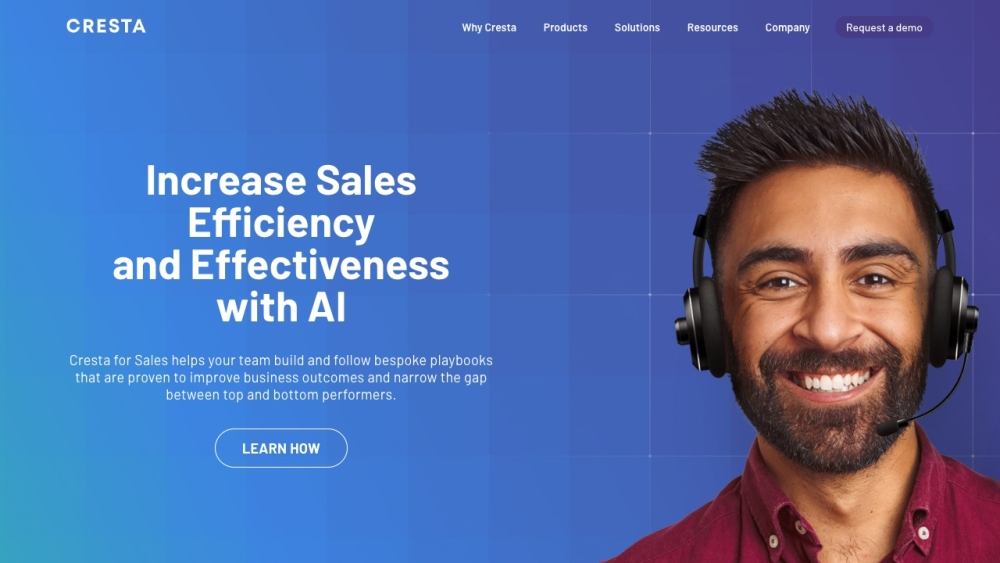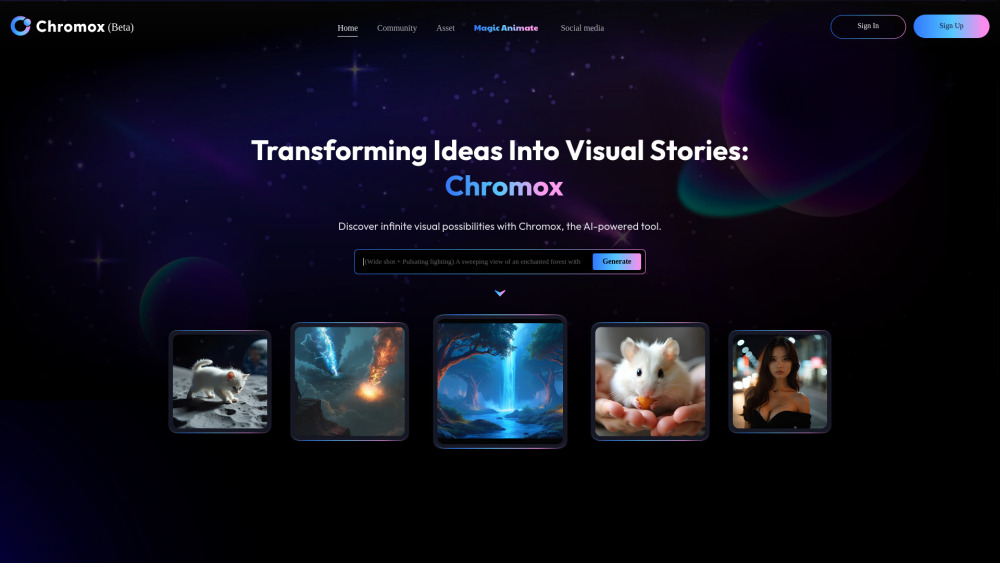Businesses across various sectors are increasingly turning to generative AI to boost productivity and, in some cases, replace certain job functions. However, the foundational technology behind generative AI has existed for decades. For the past five to ten years, prominent enterprise software companies have been integrating AI into their systems, doing so without the intense hype that currently surrounds the technology.
One of the primary challenges has been defining AI's role. Early adopters tended to anthropomorphize and commercialize AI, even when it didn't fit conventional product definitions. For instance, Salesforce dubbed its AI offering "Einstein," Adobe labeled it "Sensei," and IBM branded it as "Watson." However, AI isn't a singular product; instead, these companies have woven AI capabilities throughout their offerings, enhancing the tools they provide.
Since the launch of GPT-4 at the end of last year, excitement around generative AI has surged uncontrollably. AI has entered the public consciousness like never before, but it remains unclear if this represents a genuine market or simply an enabling technology that will integrate seamlessly into existing products.
Data from major companies can shed light on how organizations are navigating this AI evolution. While there's a palpable interest in AI, particularly among Fortune 500 and 2000 companies, these businesses are cautiously exploring their options. A quarterly survey from Morgan Stanley revealed that 56% of CIOs believe generative AI will impact their IT budgets this year, yet only 4% anticipate launching "significant" projects—indicating that many are still in the exploration phase.
Similarly, Insight Partners' annual State of Enterprise Tech report for 2023 echoed these findings. George Mathew, managing director at Insight, notes that interest in generative AI has been growing among Global 2000 firms, although their survey was conducted just as generative AI gained mainstream attention. Mathew observed a significant shift in perspectives between late 2022 and early 2023, stating, "Investment in generative AI is accelerating at an unprecedented pace."
He further clarified that many companies are still experimenting with generative AI, trialing initial applications as they map out their potential use cases. Constellation Research corroborated this in its H1 CxO Business Confidence Survey, showing that 56% of respondents plan to conduct proof-of-concept projects around generative AI this year.
The ongoing discussion about AI's role in the software landscape is crucial, especially for startups that may view it as a category rather than as a foundational technology. John-David Locke, an analyst at Gartner, emphasizes that AI is not just a standalone product but rather a foundational technology that will permeate all types of software. He argues against the notion that AI adoption rates are low and insists that every device and application has the potential to utilize AI, much like adding sugar to cereal to enhance its flavor.
Ray Wang, founder and principal analyst at Constellation Research, adds a nuanced perspective, describing AI as both an enabling platform and a product, contingent upon certain technical criteria. He warns of the inherent power imbalances between major tech giants and startups, emphasizing that only a select few companies will succeed in positioning AI as a core product.
Mallun Yen, founder and partner at Operator Collective, envisions a future where AI becomes integrated into every product, eventually fading as a distinct category. Like mobile technology, which is now a standard feature rather than a standalone category, AI will likely operate behind the scenes in applications. Innovative startups are already anticipating and adapting to this AI-native future, positioning themselves to thrive as the technology matures.
Clearly, AI has captivated the industry in a way that hasn’t been seen in years, and its influence will permeate every business and software solution. Eventually, as AI technology becomes ubiquitous, it will operate in the background, much like the transition from color television to standard viewing—a given rather than a selling point.





